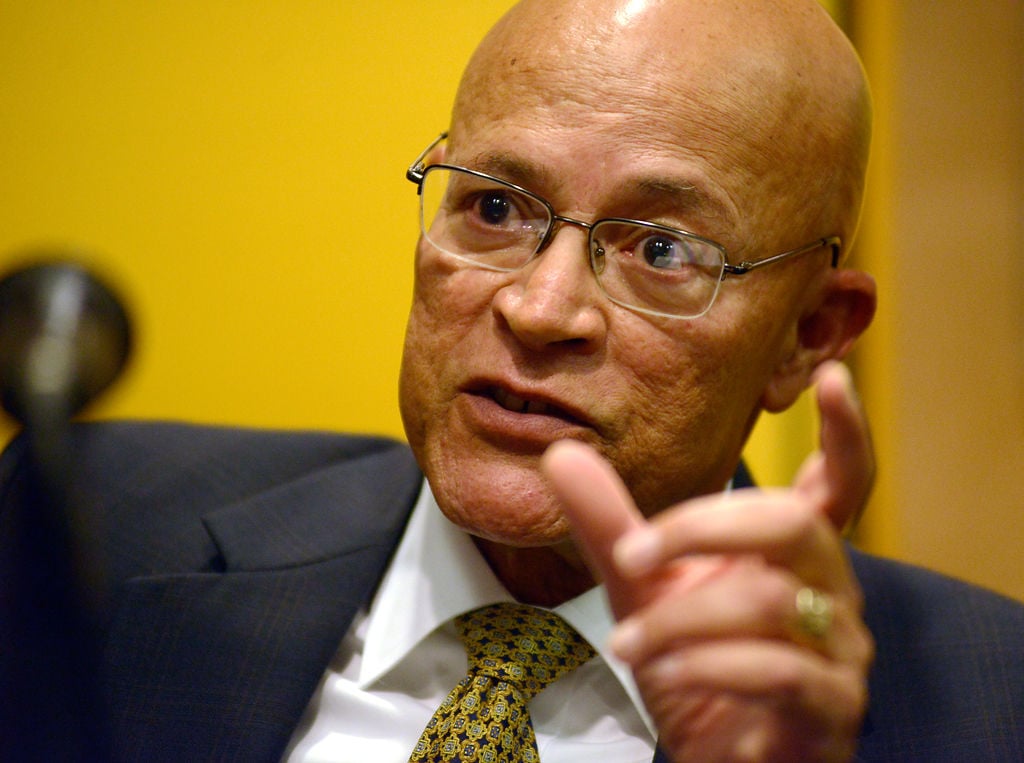European Others: Queering Ethnicity in Postnational EuropePosted in Anthropology, Books, Europe, Literary/Artistic Criticism, Media Archive, Monographs, Politics/Public Policy, Religion on 2015-11-16 04:00Z by Steven |
European Others: Queering Ethnicity in Postnational Europe
University of Minnesota Press
2011
304 pages
6 b&w photos
5 1/2 x 8 1/2
Paper ISBN 978-0-8166-7016-1
Cloth ISBN 978-0-8166-7015-4
Fatima El-Tayeb, Professor of African-American Literature and Culture
University of California, San Diego
European Others offers an interrogation into the position of racialized communities in the European Union, arguing that the tension between a growing nonwhite, non-Christian population and insistent essentialist definitions of Europeanness produces new forms of identity and activism. Moving beyond disciplinary and national limits, Fatima El-Tayeb explores structures of resistance, tracing a Europeanization from below in which migrant and minority communities challenge the ideology of racelessness that places them firmly outside the community of citizens.
Using a notable variety of sources, from drag performances to feminist Muslim activism and Euro hip-hop, El-Tayeb draws on the largely ignored archive of vernacular culture central to resistance by minority youths to the exclusionary nationalism that casts them as threatening outcasts. At the same time, she reveals the continued effect of Europe’s suppressed colonial history on the representation of Muslim minorities as the illiberal Other of progressive Europe.
Presenting a sharp analysis of the challenges facing a united Europe seen by many as a model for twenty-first-century postnational societies, El-Tayeb combines theoretical influences from both sides of the Atlantic to lay bare how Europeans of color are integral to the continent’s past, present, and, inevitably, its future.
Contents
- Acknowledgments
- Introduction: Theorizing Urban Minority Communities in Postnational Europe
- 1. “Stranger in My Own Country”: European Identities, Migration, and Diasporic Soundscapes
- 2. Dimensions of Diaspora: Women of Color Feminism, Black Europe, and Queer Memory Discourses
- 3. Secular Submissions: Muslim Europeans, Female Bodies, and Performative Politics
- 4. “Because It Is Our Stepfatherland”: Queering European Public Spaces
- Conclusion: “An Infinite and Undefinable Movement”
- Notes
- Bibliography
- Index
